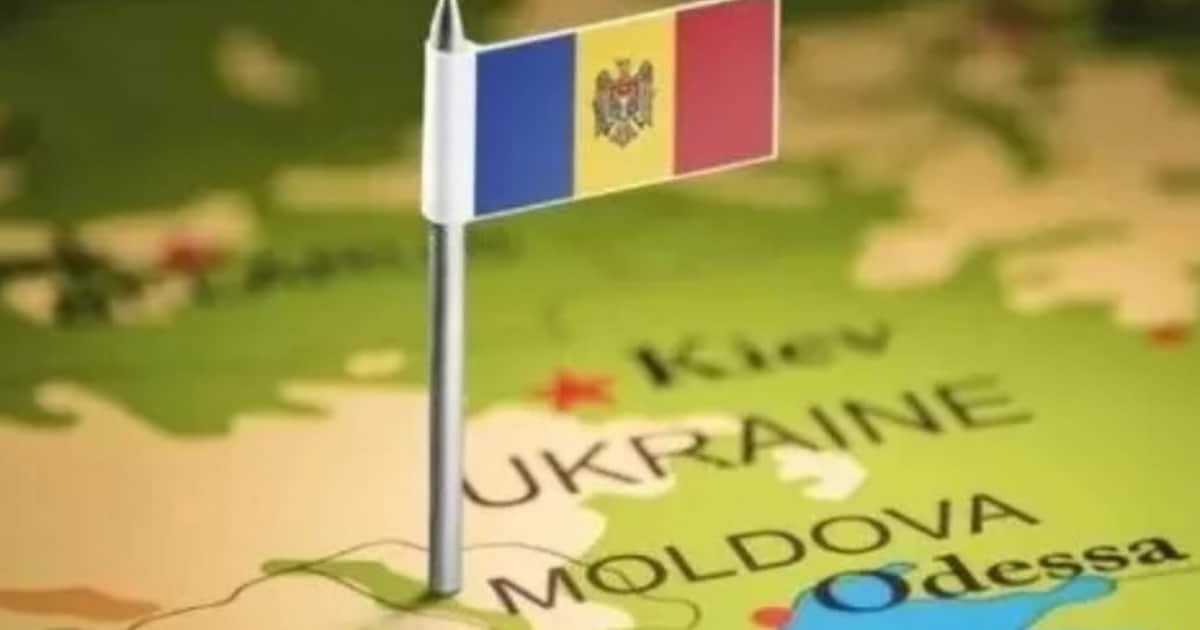What Ukraine will do if Sandu loses and whether Kyiv will engage in conflict in Transnistria

On Sunday, 3 November, Moldova will return to the polls for the presidential runoff between pro-Western Maia Sandu and Alexandr Stoianoglo, nominated by the pro-Russian Socialist Party. While pre-election polls had unanimously predicted Sandu's victory, the situation is now uncertain. There is little doubt that a Stoianoglo victory would strain Ukraine-Moldova relations.
Former Ukrainian Foreign Minister (2014-2019) Pavlo Klimkin, in an interview with Sergiy Sydorenko, the European Pravda editor, acknowledged that Kyiv might consider strict measures if negative developments unfold in Moldova, as it becomes a matter of national security. Advertisement: Klimkin says that we must recognise reality: Moldova could become a Russian outpost.
However, the election of a pro-Russian president does not necessarily mean the automatic establishment of a Russian base. Ukraine should warn its Moldovan friends that turning Moldova into a Russian stronghold poses a fundamental security threat for us. During the ongoing war, we have both the political and moral right to speak about this openly.
We even have the right to remind them that they gained a European perspective thanks to Ukraine. Therefore, if Stoianoglo wins, Ukraine's task will be to impose conditions and limits on his actions. He will certainly not be pro-Ukrainian.
However, he may also not be classically pro-Russian or pro-European, opting instead to balance between interests. This balancing stance poses a particular threat to Maia Sandu, as Stoianoglo could become a compromise candidate for Moldova's main political and especially business groups, who may take charge of the country's affairs. This would mark a return to Moldova's classic oligarchic model.
This would involve elites across Moldova, including Transnistria. If Sandu wins the presidency but pro-Russian forces gain control of parliament, Moldova could face snap elections and a shift toward an unpredictable reality. In such a scenario, Ukraine would be living alongside an unstable neighbour.
We would then need a clear understanding of our course of action. This will be a complex situation demanding difficult decisions. How do we contain them?
Do we resort to strict measures - even coercion? How do we coordinate this with the European Union? If Moldova undergoes a power shift, there may indeed be voices in Kyiv calling for action in Transnistria.
However, this is a very dangerous path. We need to be extremely cautious in deciding how to raise the stakes and what measures to take. And our choices will need to be carefully explained to both the Ukrainian public and our international partners.
This will be a defining moment for us. Our task will be to leverage the start of EU accession talks (both Moldova's and ours) to integrate Transnistria into this process. The current "5+2" negotiation format on Transnistria is dead.
A new framework is needed, and it must exclude Russia.
I believe that Transnistrian elites are actually open to this discussion because they recognise that Moldova is moving towards the EU, Ukraine is moving towards the EU, and they cannot exist in isolation.
If you notice an error, select the required text and press Ctrl + Enter to report it to the editors.